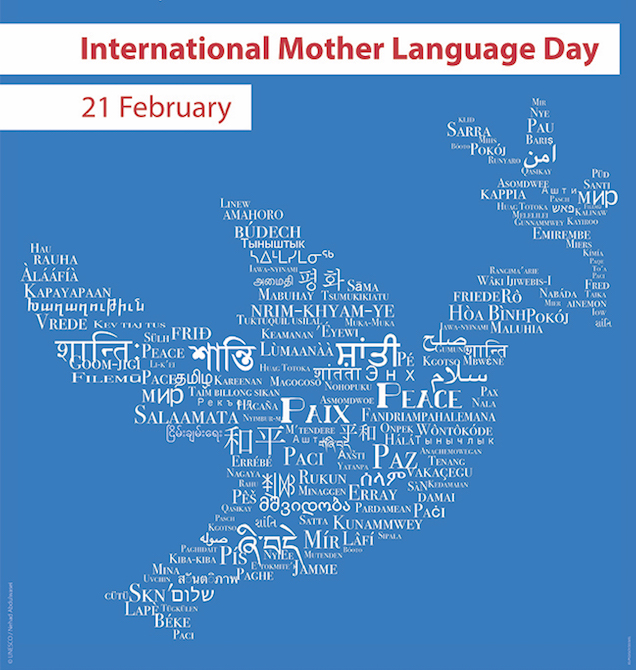Manx
I've always pronounced it as rhyming with "thanks", but Wiktionary makes it sound more like "monks" in German, Dutch, and UK English.
"Manx" is the English exonym for the language whose endonym "is Gaelg/Gailck, which shares the same etymology as the word 'Gaelic', as do the endonyms of its sister languages Irish (Gaeilge; Gaoluinn, Gaedhlag and Gaeilic) and Scottish Gaelic (Gàidhlig)." (source)
Manx (or Manx Gaelic) was declared extinct as a first language in 1974 with the death of Ned Maddrell, but then achieved the remarkable feat of revival. Since the topic of language extinction / survival / revival came up recently (see "Selected readings" below), I was especially drawn to this newspaper report:
An Ancient Language, Once on the Brink, Is a British Isle’s Talk of the Town
After being nearly silenced, Manx is experiencing a revival on the Isle of Man, thanks in part to an elementary school and some impassioned parents.
By Megan Specia, NYT (Nov. 24, 2022)
Read the rest of this entry »
